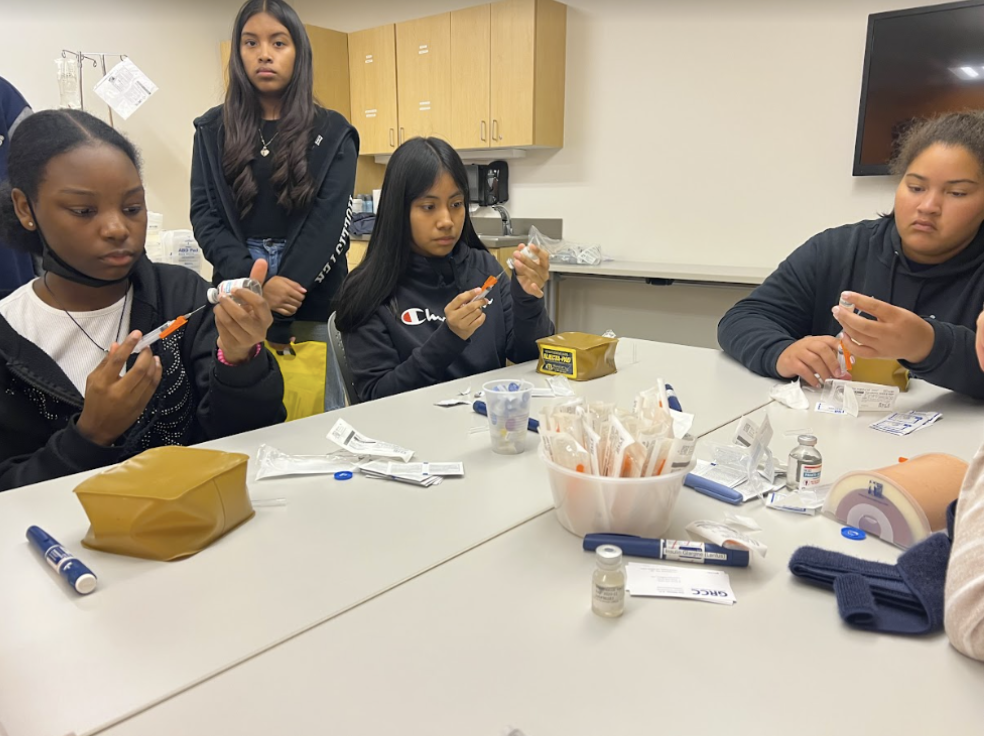Living with sickle cell disease can present unique challenges for African Americans. The physical symptoms and complications associated with the condition can take a toll on both the body and mind. While physical exercise is often emphasized for managing the disease, the power of mental exercise should not be overlooked. In this article, we will explore the importance of mental exercise for African Americans with sickle cell disease and how it can empower individuals to lead healthier and more fulfilling lives.
Benefits of mental exercise for African Americans with sickle cell disease
Mental exercise offers numerous benefits for individuals living with sickle cell disease. Firstly, it helps to alleviate stress and anxiety, which are common among sickle cell patients. By engaging in activities that require focus and concentration, individuals can experience a sense of calm and relaxation. Secondly, mental exercise can improve memory and
The importance of mental exercise for sickle cell patients
Sickle cell disease not only affects the physical well-being of individuals, but it can also impact their mental health. The constant pain, fatigue, and limitations can lead to feelings of frustration, anxiety, and depression. This is where mental exercise plays a crucial role. Engaging in activities that stimulate the mind, such as puzzles, reading, or learning new skills, can help divert attention from the physical discomfort and provide a sense of accomplishment and fulfillment. Mental exercise can improve cognitive function, boost mood, and enhance overall well-being for African Americans with sickle cell. Regular engagement in mentally stimulating activities can help sharpen the mind and promote mental agility. Lastly, mental exercise promotes a positive mindset and enhances overall well-being. It provides a sense of purpose and accomplishment, boosting self-esteem and confidence.
Types of mental exercises
There are various types of mental exercises that can be beneficial for African Americans with sickle cell. One popular option is solving puzzles, such as crosswords, Sudoku, or word searches. These activities challenge the brain and improve problem-solving skills. Another option is reading. Whether it’s books, magazines, or online articles, reading stimulates the mind. Learning new skills, such as playing a musical instrument, painting, or cooking, is also an excellent way to engage the mind and nurture creativity. Lastly, meditation and mindfulness exercises can help promote a sense of calm and well-being.
Incorporating mental exercise into daily routine
Incorporating mental exercise into the daily routine is crucial for sickle cell management. It is essential to set aside dedicated time for mental stimulation. This can be done by scheduling specific activities – at least one a day. Variety is key! Be adventurous in trying new things.
Effective mental exercises Tips:
- Start with manageable activities: Begin with activities that are enjoyable and not too challenging. This will help build confidence and motivation.
- Vary the activities: Engage in a variety of mental exercises to keep the mind stimulated and prevent boredom. Mix puzzles,
- reading, and learning new skills for a well-rounded mental exercise routine.
- Take breaks when needed: It is important to listen to the body and take breaks when necessary. Pushing through fatigue or pain can hinder the effectiveness of mental exercise..
- Stay consistent: Consistency is key for reaping the benefits of mental exercise. Set realistic goals and commit to regular practice.
Empowering African Americans with sickle cell disease through mental exercise Mental exercise is a powerful tool for African Americans living with sickle cell disease. By engaging in activities that stimulate the mind, individuals can experience numerous benefits, including reduced stress, improved cognitive function, and enhanced overall well-being. It is crucial for sickle cell patients to incorporate mental exercise into their daily routines and seek support services that focus on mental health. By unlocking the power of mental exercise, African Americans with sickle cell can empower themselves to lead healthier, more fulfilling lives.
Resources and Support for mental exercise for African Americans with sickle cell disease Fortunately, there are various mental health resources available for sickle cell patients to address their unique needs. Mental health professionals, such as psychologists and psychiatrists, provide therapy, counseling, and psychiatric evaluations to help with emotional distress, depression, anxiety, and other mental health conditions. Engaging in support groups tailored specifically for sickle cell patients can be immensely beneficial as they create a sense of community and understanding among individuals facing similar challenges. The internet has greatly expanded access to mental health resources and support, including virtual chats and forums. Many hospitals and medical centers now recognize the importance of mental health support for sickle cell patients and have integrated mental health services into their care plans.
Remember, it is crucial to prioritize mental health support alongside the physical aspect of sickle cell disease to ensure holistic and effective sickle cell care/management!













